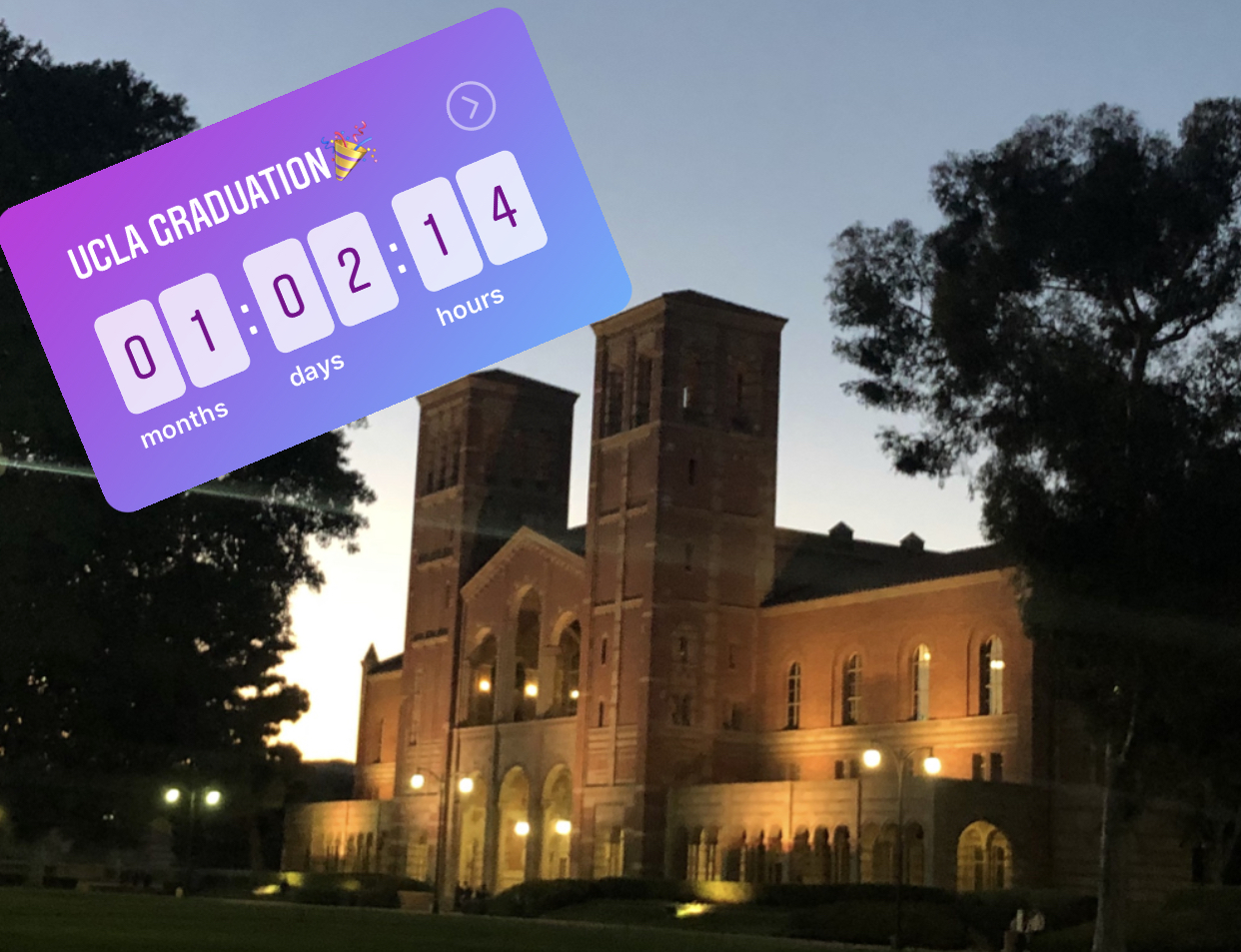When a baby is conceived, their parents excitedly count the days until their birth.
After birth, each week is precious.
During the first years of a child’s life, for a parent, each milestone is important and shared with whoever cares to listen.
We constantly make fun of people who say their kids are 50 weeks old instead of just saying they’re a year old. But, the truth is, their parents are just so excited for each week of their life that they never considered generalizing.
Still, as a child develops, parents often feel like time moves too quickly.
Nonetheless, after the big milestones are out of the way, we stop counting so precisely. After a child is about two years old, we move to 3, 4, 5 without the increments.
But children still value small increments of time as they pass. Have you ever tried telling a child who is 7 ¾ that they are just 7 ½, or God forbid, just 7?
Why do we stop counting the days as we get older?
Things happen slower.
Instead of reaching new milestones every few weeks, we have to wait years. A child is constantly growing, but adults often feel stagnant. They dread their birthdays because they feel like they haven’t accomplished anything worth celebrating since their last birthday.
Children cannot wait to be older so they can conquer bigger and better things, but aging during adulthood has a different meaning because years often pass with no notable progress.
That’s where the Omer comes in.
Sefirat HaOmer, or the Counting of the Omer, is the Jewish practice of counting the days from the Exodus until God gave us the Torah at Mt. Sinai. These events are marked on the Jewish calendar by the holidays of Pesach (Passover) and Shavuot.
The idea is, we were so excited to leave Egypt and receive the Torah, that we counted each day from when we left Egypt until it was in our possession.
When’s the last time you counted down the days until you got to do or get something?
The values of the Omer are timeless. Live every day to its’ fullest and appreciate your progress.
At UCLA, we are painfully aware of time as it passes.
We countdown the days until the weekend, until the end of midterms week and until the end of the quarter religiously. We keep track of all the assignments and the exact day of the exact week they’re due. But as students, we often fail to make room for the bigger picture.
We count the days until our next deadline but forget to count the days until our next goal is accomplished.
To many of us, it feels like we’re in limbo. We finish high school, but we can’t move forward until we finish college. Time is counted by the completion of a semester or a quarter, by our year in school, but not by our emotional accomplishments, or philanthropic endeavors.
Finishing school shouldn’t be the only thing worth counting for 4 years. Every quarter should include personal goals such as saving money, giving back to one’s community and taking the steps to be able to move forward in one’s life after graduation.
Imagine counting every day of your life instead of just celebrating every year. Imagine setting weekly goals instead of having vague things you want to do that you don’t have time for until the quarter is over, but by the time the quarter is over, you’re too tired to do.
The Torah is timeless, and its lessons help each generation understand themselves and the world in the way that’s most beneficial to them.
The Omer has taught us to value time—to be a kid again, set goals, accomplish them and then rinse and repeat the cycle. Don’t allow your life to stagnate during college. Stay present. Stay excited. Do good.
Thank you to Sharona Kaplan for sharing this idea.

